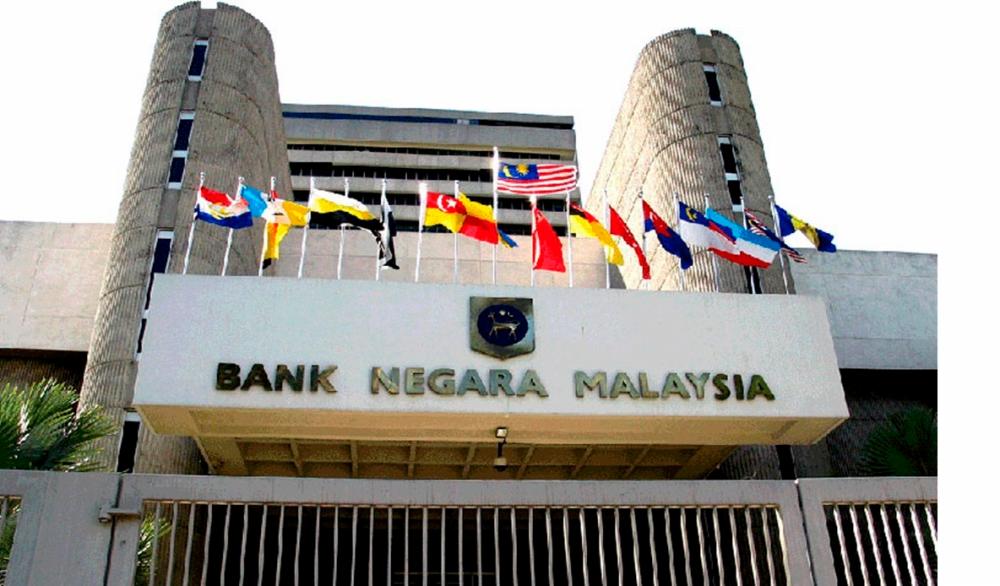PETALING JAYA: Given the tight cash flows of businesses and households, will Bank Negara Malaysia slash the Overnight Policy Rate (OPR) in 2024?
According to Emir Research social, law and human rights head Jason Loh Seong Wei, BNM is not expected to cut the OPR, at least not in the first half of the year, based on current economic data.
He added that this assumption holds unless a severe slowdown or recession were to occur in the second half of 2024.
“It’s opined that Bank Negara should be prepared to cut the OPR in order alleviate the financial challenges of businesses and households given that interest rate payments are included in the cost of business and affect the cost of living.
“That is to say, Bank Negara’s rate cut would be due or in response to the weakened ringgit (which is the opposite of, again, the standard rationale of increasing rates (to strengthen the currency) and thereby help to promote and reinforce price stability domestically,” Loh told SunBiz.
He said that based on Bank Negara’s own approach, cutting the OPR in relation to the supply-side (production costs) would balance and “realign” with the prior increases on the demand side.
This would ensure that price stability remains constant over the medium term, considering the weakened ringgit and the BOP (balance of payments) deficit in food imports, he said.
“It’s still a proactive measure by Bank Negara in relation to the ringgit dynamics as a floating currency which helps to cushion against external shocks. The OPR cuts would signal Bank Negara’s determination to do precisely that, i.e., provide indirect but critical support, nonetheless, to our ringgit by relieving imports of the cost pressures,” Loh said.
Meanwhile, Bank Islam chief economist Firdaos Rosli said the OPR is expected to remain static for the whole of 2024.
“The window to hike has lapsed, while there is no urgent need to cut OPR amid a resilient domestic demand growth,” he told SunBiz.
Similarly, MIDF Research expects OPR to stay at 3% in 2024.
“This is supportive and accommodative, based on the expectation of the stabilisation of core inflation rate and challenging external environment,” it stated.









